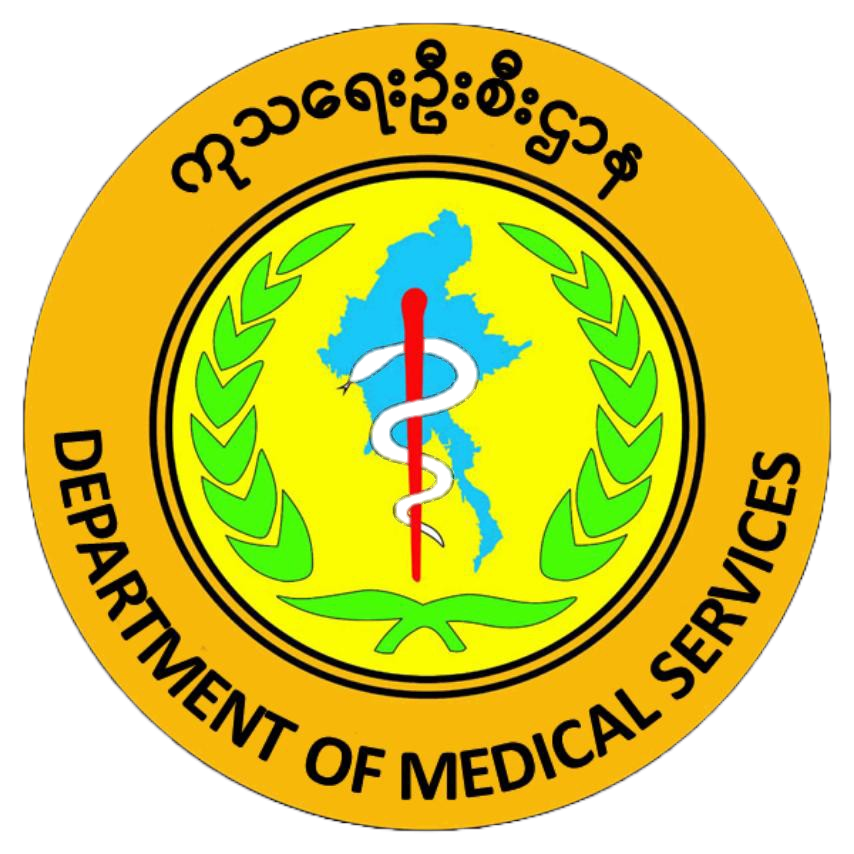Ministry of Health, Myanmar, laid down the two objectives, to enable every citizen to attain full life expectancy and enjoy longevity of life, and to ensure that every citizen is free from diseases. To do that, research is the one of the key supporting factors.
Research plays a crucial role in the development of the health sector from various perspectives. The followings are some key reasons highlighting the importance of research in the health sector;
- Advancing Medical Knowledge: Research contributes to the expansion of medical knowledge by uncovering new information about diseases, treatment methods, and the functioning of the human body. This knowledge forms the basis for medical advancements, leading to improved healthcare practices.
- Innovation and Technological Advancements: Research drives innovation in medical technologies, diagnostics, and treatment modalities. It plays a pivotal role in the development of new drugs, medical devices, and procedures that can enhance the quality of healthcare and contribute to better patient outcomes.
- Evidence-Based Medicine: Research provides the foundation for evidence-based medicine, where healthcare decisions are based on the best available scientific evidence. This approach ensures that medical practices and interventions are supported by rigorous research findings, leading to more effective and efficient healthcare delivery.
- Disease Prevention and Control: Research helps in understanding the causes, risk factors, and preventive measures for various diseases. This knowledge is essential for developing strategies to prevent the onset of diseases, control their spread, and manage public health effectively.
- Public Health Policy and Planning: Research findings inform the development of public health policies and strategies. Governments and health organizations rely on research data to make informed decisions about resource allocation, disease prevention programs, and healthcare infrastructure development.
- Health Care Quality Improvement: Research provides insights into healthcare delivery processes and outcomes, allowing for the identification of areas that need improvement. The continuous research helps in refining healthcare practices, reducing errors, and enhancing overall healthcare quality.
- Economic Impact: A robust health research sector can have positive economic implications. It can stimulate economic growth by fostering innovation, attracting investment, and creating opportunities for the pharmaceutical and biotechnology industries.
- Global Health Challenges: Research is crucial for addressing global health challenges such as infectious diseases, emerging epidemics, and health disparities. The collaborative research efforts across borders can lead to the development of solutions that have a global impact.
- Capacity Building: Research contributes to the development of a skilled workforce in the health sector. It provides opportunities for training and education, ensuring that healthcare professionals are equipped with the latest knowledge and skills.
- Patient-Centered Care: Research helps in understanding the needs and preferences of patients, leading to the development of patient-centered care approaches. It promotes personalized medicine, where treatments are tailored to individual characteristics for better outcomes.
In summary, research is fundamental to the growth and advancement of the health sector. It not only expands our understanding of diseases and treatments but also drives innovations that ultimately contribute to improved healthcare outcomes for individuals and populations.
